Fmri
-
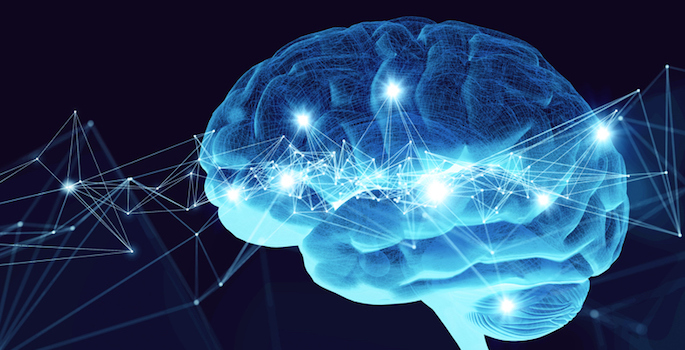
The power of white matter
Using a novel analysis of fMRI data, Vanderbilt researchers discovered intriguing patterns of signals in the brain’s white matter, the “conduit” for relaying signals between different brain regions. Read MoreNov 11, 2021
-
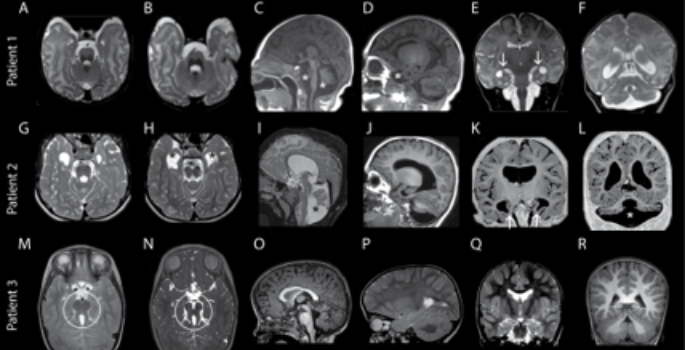
Chang receives $1.1M grant to investigate brain-body connections, advance understanding of how brains age
Catie Chang, assistant professor of electrical and computer engineering, has received a $1.1 million NIH grant to investigate brain-body connections and advance understanding of aging in normal and pathological brains. Read MoreOct 18, 2021
-

Chang receives $1.1 million grant to investigate brain-body connections, advance understanding of how brains age
An assistant professor of electrical and computer engineering has received a $1.1 million NIH grant to investigate brain-body connections and advance understanding of aging in normal and pathological brains. Catie Chang, assistant professor of electrical and computer engineering, leads the research team, which will focus on developing machine learning methods that can automatically reconstruct physiological... Read MoreOct 11, 2021
-

Imaging “biomarker” for Alzheimer’s disease progression
Changes in connectivity in the brain’s white matter may be a novel neuroimaging biomarker for assessing Alzheimer’s disease progression. Read MoreNov 16, 2020
-
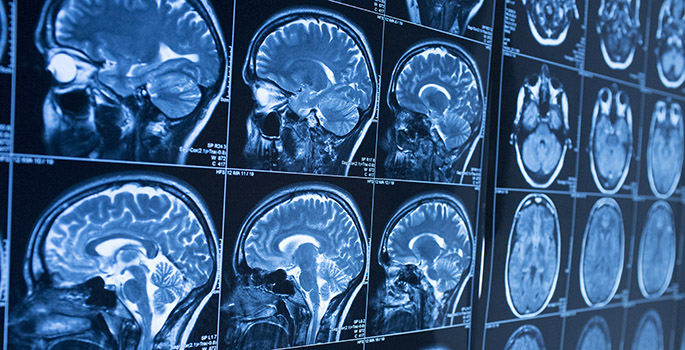
Vanderbilt researcher shares more than 3,000 brain scans to support the study of reading and language development
Vanderbilt neuroscientist James R. Booth is releasing two large scale neuroimaging datasets on reading and language development to support other researchers studying how academic skills develop in childhood. Read MoreJan 10, 2020
-

Chang receives Early Career Award for advancing fMRI data analysis
Catie Chang has received the 2019 Early Career Achievement Award from a society of the Institute of Electrical and Electronics Engineers. Chang, an assistant professor of computer science, electrical engineering and computer engineering, was honored this week at the IEEE Engineering in Medicine & Biology Society conference. Specifically, the award cites her “innovative contributions to... Read MoreJul 25, 2019
-
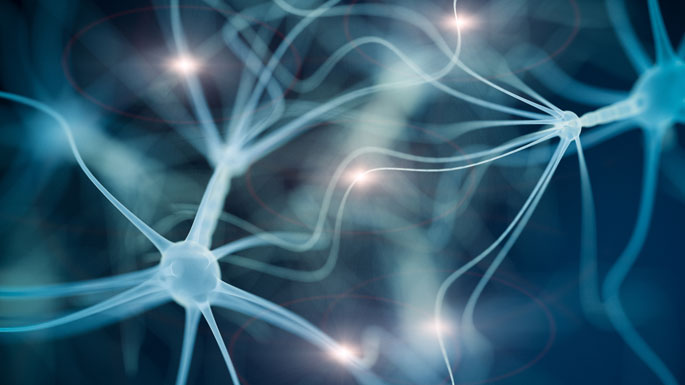
Working memory in psychotic disorders
Functional MRI studies have revealed that targeting activation of certain brain regions may improve working memory and cognition in psychotic disorders. Read MoreJul 11, 2019
-

How the brain learns a second language is focus of Vanderbilt study
Vanderbilt University has received a four-year, $552,273 grant from the National Science Foundation to fund new research examining how the brain learns a second language. Read MoreApr 18, 2018
-
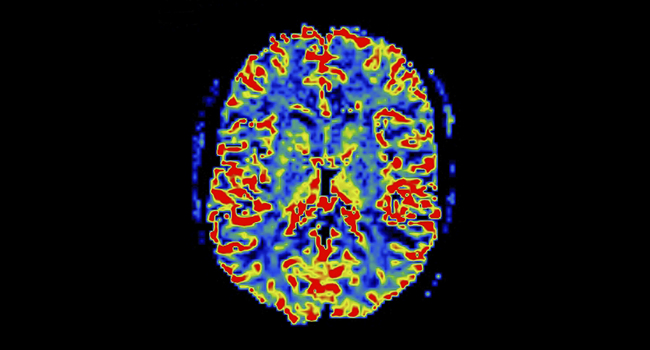
BOLD view of white matter
Vanderbilt investigators have discovered that functional MRI detects neural activity in both gray and white matter in the brain, suggesting new ways to investigate diseases such as Alzheimer’s and multiple sclerosis. Read MoreJan 12, 2018
-

Neuroscientists can measure criminal intent – at least in the moment
Intent to commit a crime is a crucial factor in determining prison sentences. A new neuro study suggests it is possible to measure subtle variations in intent while a crime is being committed. Read MoreMar 13, 2017
-

How your brain decides blame and punishment—and how it can be changed
New work by researchers at Vanderbilt University and Harvard University confirms that a specific area of the brain, the dorsolateral prefrontal cortex, is crucial to punishment decisions. Read MoreSep 16, 2015
-
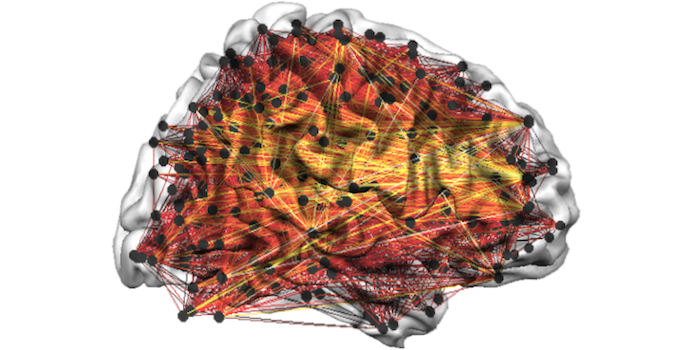
Network theory sheds new light on origins of consciousness
Vanderbilt University researchers took a significant step toward answering longstanding questions about the origins of consciousness with a recent discovery of global changes in how brain areas communicate with one another during awareness. Read MoreMar 9, 2015
-

Results challenge conventional wisdom about where the brain begins processing visual information
A new brain imaging study challenges conventional wisdom about how and where in the brain the processing of visual orientation information first occurs. Read MoreMar 2, 2015
-
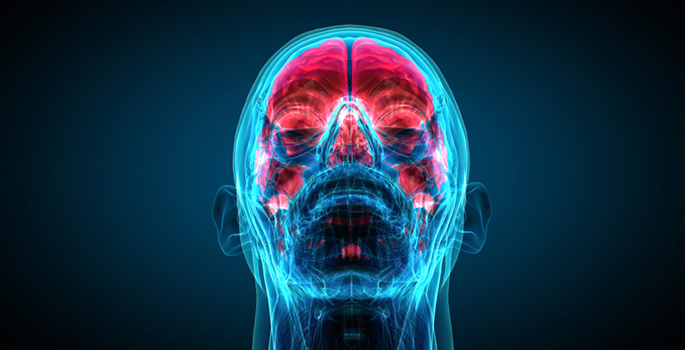
Brain mapping confirms patients with schizophrenia have impaired ability to imitate
A brain-mapping study of patients with schizophrenia has found that areas associated with the ability to imitate are impaired, providing new support for the theory that deficits in this basic cognitive skill may underlie the profound difficulty with social interactions that characterize the disorder. Read MoreMar 14, 2014
-
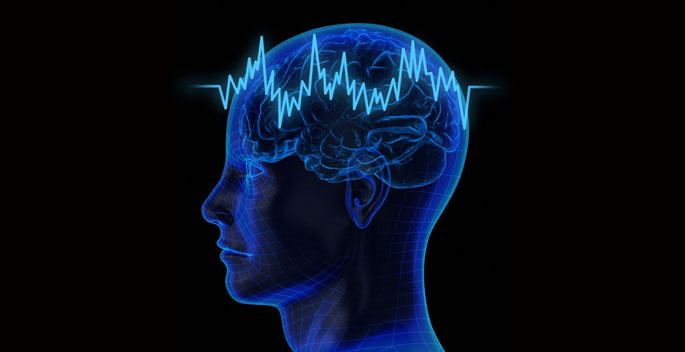
Two Vanderbilt professors part of PBS series ‘Brains on Trial’ Sept. 11 and 18
Research conducted at Vanderbilt is featured in "Brains on Trial with Alan Alda," a two-part televised series airing Sept. 11 and Sept. 18 on PBS that explores how the growing ability to separate truth from lies may radically affect the way criminal trials are conducted in the future. Read MoreSep 5, 2013
-

Not all reading disabilities are dyslexia
A common reading disorder goes undiagnosed until it becomes problematic, according to the results of five years of study performed by researchers at Peabody College of education and human development. Read MoreJun 14, 2013
-
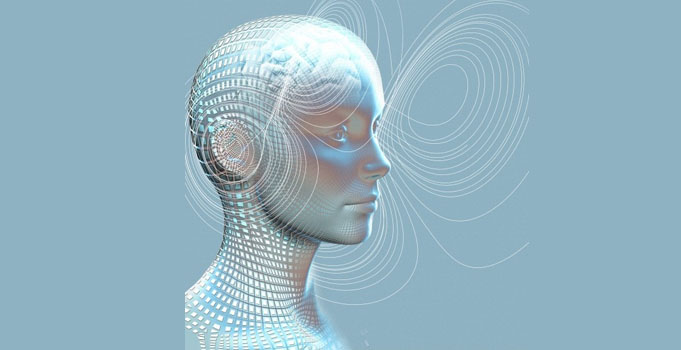
Perfect timing for sensory processing
Identification of brain regions involved in processing sights and sounds may offer insights into disorders like autism and dyslexia. Read MoreMay 11, 2012
-

Minds wide open: Neuroscience at Vanderbilt
Vanderbilt University has emerged as one of the nation’s leading academic centers in neuroscience. Read MoreApr 6, 2012
-

Study reveals effects of different teaching styles on learning new words
A new study on novel word learning uncovered clues on reading and plasticity in the brain that could determine interventions for children who struggle with reading. Read MoreApr 4, 2012
-

Memory intact in early psychosis
Brain deficits are not present in the early stages of schizophrenia, suggesting it may be possible to delay or prevent the development of brain abnormalities. Read MoreFeb 16, 2012